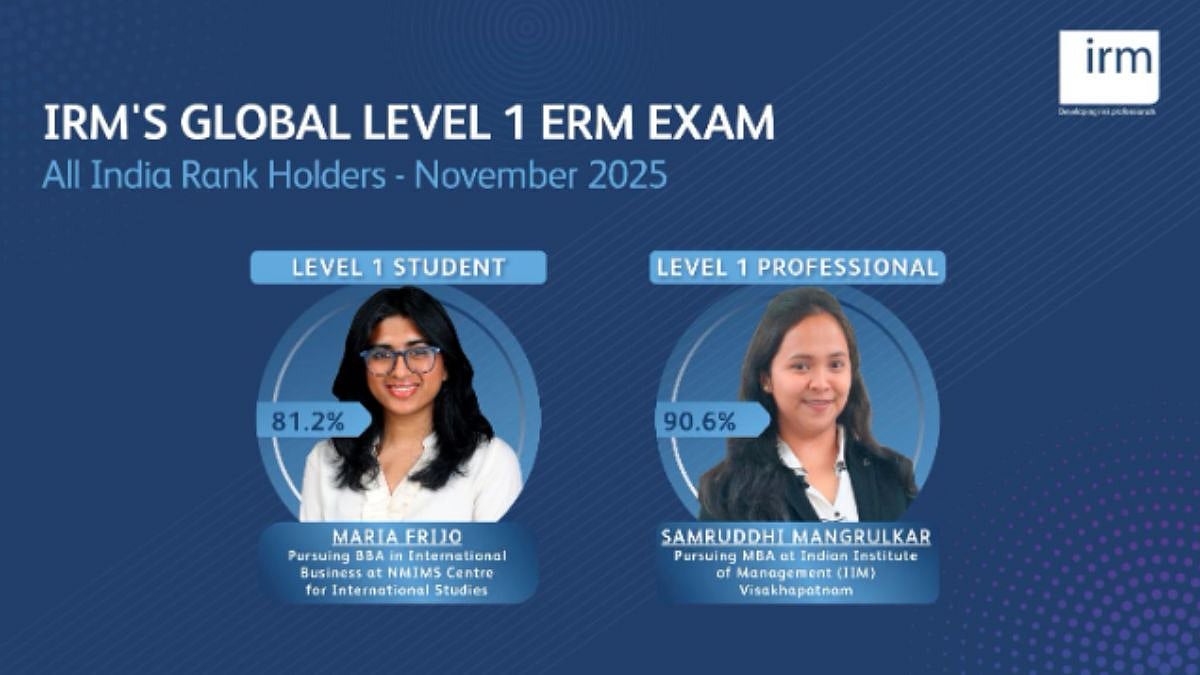Digital wallet interoperability and integration across various platforms have become essential in the world of digital finance. The advent of technologies such as Apple Pay, Google Pay, and Samsung Pay has transformed how users engage with financial services, emphasizing the need for seamless, secure, and user-friendly solutions. Leading this change is the eminent financial technology expert Kalyanasundharam Ramachandran. His work has not only set new standards for innovation but has also significantly improved the efficiency and user experiences within the digital payments ecosystem.
Ramachandran has made valuable contributions to digital wallet technology, especially through developing and implementing push provisioning features. Push provisioning allows users to add one digital wallet into another. In today's digital age, many digital wallets are available, and some merchants might only support specific ones. This limitation can be a problem for customers who prefer using a particular wallet or a specific instrument from their wallet. To address this issue, Ramachandran and his team developed a solution where customers can add their preferred digital wallet as a funding instrument into another digital wallet. This innovation gives customers the flexibility to use their preferred wallet and instrument at any merchant outlet.
The framework Ramachandran developed tokenizes the entire wallet as a virtual funding instrument into another digital wallet. Customers can add this as a virtual card and choose their preferred funding instrument from their wallet to be the default instrument. They can also change this funding instrument as needed. Ramachandran initially created this orchestration framework for Google Pay integration, which was later extended to support Samsung Pay and Apple Pay integrations.
Ramachandran's work has also brought about significant cost savings and efficiency gains. The reusable nature of his integration framework means there is less need for additional investment in future integrations. The automation of data flows and secure API management has streamlined transaction processes, improving efficiency and reducing errors, which is critical in financial services.
His contributions have directly led to substantial business growth and operational efficiencies in his organization. The introduction of the push provisioning feature resulted in a significant increase in revenue, driven by a larger user base and higher transaction volumes. This feature alone led to a 25% increase in user adoption rates and a 40% surge in transaction volumes within six months of implementation. For the year 2024, the total payment volume processed through the framework Ramachandran developed crossed $500 million.
One of the main challenges Ramachandran faced was ensuring seamless integration with various payment platforms, each with its own specifications and security protocols. Each platform had unique requirements that had to be meticulously adhered to, from different encryption standards to varied transaction processing protocols. Achieving a unified solution that could interact seamlessly with each platform required a deep understanding of the underlying technologies and the ability to foresee and mitigate potential integration issues.
To tackle this, Ramachandran and his team embarked on developing a highly adaptable integration framework. This framework was designed to be flexible enough to accommodate the specific needs of each payment platform while ensuring that the core functionality remained consistent. The team implemented advanced encryption techniques and secure API management to maintain the highest standards of security across all integrations.
The process was not without its hurdles. Initial testing revealed several compatibility issues with existing security protocols, necessitating multiple iterations of the framework. Ramachandran's leadership and technical expertise were crucial in navigating these challenges. He instituted a rigorous testing regime that simulated various transaction scenarios to identify and address potential flaws. This meticulous approach ensured that by the time the framework was deployed, it was robust, secure, and capable of handling the demands of real-world transactions.
Apart from his technical and strategic contributions, Ramachandran is an active member of the academic and professional communities. He has authored 20 international research papers and received an International Research Award for his work on digital payments. His published work demonstrates his deep understanding of the technological and financial aspects of digital payments, providing valuable insights to the fintech community.
Looking ahead, Kalyanasundharam Ramachandran emphasizes the growing importance of interoperability, security, and user-centric design in digital wallet technology. He envisions a future where digital wallets are not just payment tools but integral components of a broader financial ecosystem. In this vision, digital wallets seamlessly integrate with various services such as banking, insurance, and investment platforms, enhancing convenience and flexibility for users. This level of integration would allow users to manage all their financial activities from a single interface, streamlining processes and saving time.
Ramachandran is a strong advocate for advanced security measures to protect user data. He believes that as digital wallets become more integrated and handle more sensitive information, security must be paramount. One technology he champions in this regard is blockchain. Blockchain's decentralized nature and robust encryption mechanisms offer a way to secure transactions and data while maintaining transparency. By implementing blockchain, Ramachandran believes that digital wallets can provide users with the highest level of security, reducing the risk of data breaches and fraud.
Beyond security, Ramachandran sees the potential for artificial intelligence (AI) and machine learning (ML) to revolutionize digital payments. Predictive analytics, powered by AI, can analyze user behavior and transaction patterns to offer personalized financial advice and services. For example, a digital wallet could use predictive analytics to suggest optimal times for investments, identify spending trends, or even alert users to unusual activity that might indicate fraud. This proactive approach can help users make better financial decisions and enhance their overall experience.
Moreover, Ramachandran envisions digital wallets playing a crucial role in promoting financial inclusion. In many parts of the world, people lack access to traditional banking services. Digital wallets, with their ability to operate on smartphones and other mobile devices, can provide these underserved populations with access to financial services. By enabling secure, low-cost transactions and offering a range of financial products, digital wallets can help bring more people into the formal financial system.

Kalyanasundharam Ramachandran's contributions to digital wallet interoperability set a high standard for innovation and excellence in the field. His work addresses current challenges and lays the foundation for future advancements in financial technology. The improvements made by Ramachandran and his team are expected to have a lasting impact on the financial industry, contributing to a more streamlined, safe, and user-friendly financial ecosystem as digital wallets become an integral part of daily financial transactions.
Disclaimer: This is a syndicated feed. The article is not edited by the FPJ editorial team.
.jpg?width=1200)








